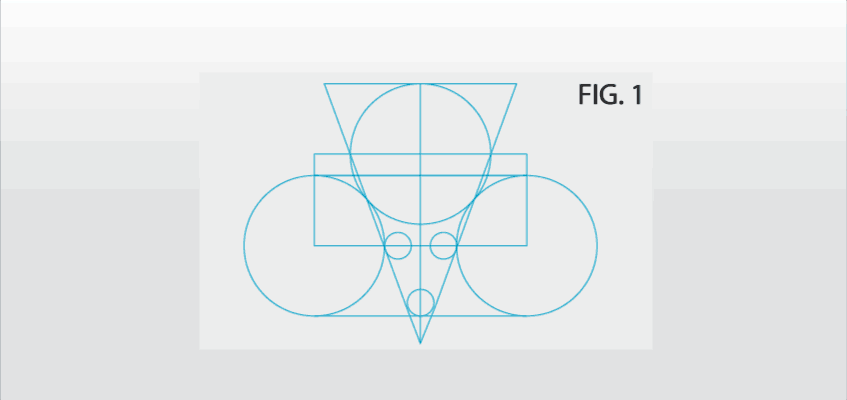Patents to protect inventions
Inventions, even the most promising ones, often share the same problem: as soon as the new product reaches the market, competitors can detect it, copy it and offer it at a lower price. No matter the inventor, or how difficult or expensive it may have been to invent it.
There are two ways to reduce these risks: to scrupulously keep the invention as a trade secret or to protect it.
How are inventions protected?
In order to protect an invention it is necessary to resort to intellectual property. With it, an inventor will be able to obtain exclusive rights in order to, for example, prohibit third parties from using an invention without his/her consent.
There are several types of intellectual property rights:
- a patent normally protects the technical part of the invention (the solution to a technical problem);
- a utility model will protect a technical improvement of an existing product;
- industrial designs usually relate to the outer appearance of the product.
Thus, when it comes to properly protecting an invention, it is essential to choose the most appropriate modality, which could sometimes mean combining the different mechanisms offered by intellectual property, including trademarks.
In the absence of intellectual property rights, the new product will not be protected and can be freely used by anyone. Consequently, the first guideline consists of not disclosing the invention to third parties until, at least, an application for a patent, utility model, etc. has been filed. This prevents the “theft of ideas” and the risk of compromising the possibility of obtaining a patent due to the non-observance of “novelty”, which is one of the essential requirements for patentability.
Since it is essential to disclose the invention to third parties, in order to reduce risks it is highly recommended to limit and control access to sensitive information by establishing a confidentiality policy that includes, at least, an appropriate confidentiality agreement.

How to obtain a patent?
Patenting an invention is a complex process, it takes time (several years), it is not cheap and the patent is not always granted.
By way of guidance, the main steps for patenting an invention are the following:
- Patentability report: it is useful to ascertain whether the invention meets the patentability requirements (novelty, inventive step, etc.). It helps to reduce the risks and avoids unnecessary expenses, for example when the patent is clearly unfeasible.
- Patent drafting: an important and sensitive phase, as the exact wording will define the scope of protection conferred by the patent.
- Filing of the patent application and processing it until grant. The application must be filed in the country where protection is sought. The international patent (WO) or the European patent (EP) make it possible to speed up and reduce the associated costs of a patent application in many countries.
The patent confers territorial rights (i.e. limited to a specific territory) and usually grants protection for a limited period of time, normally a maximum of 20 years.
How can inmentor help me?
We are a team of lawyers specializing in intellectual property who can assist you in everything you need for the protection of your invention. Among others, we offer the following services:
- Drafting confidentiality agreements and advising on how to protect sensitive or confidential information;
- Analysing the invention and assessing on how and where to protect it properly;
- Carrying out and coordinating all necessary steps related to patent applications at national and international level (patentability reports, patent drafting, follow-up, etc.);
- International legal advice, including the drafting of license or assignment agreements for patents, utility models, etc.;
- Legal defence in case of patent infringement or conflicts with third parties.
At inmentor you will always have a specialized lawyer at your side to protect or defend your invention, your new product or, in short, your (potential) intangible asset.
Contact us clearly describing the matter and your needs. We will try to give you clear information and possibly the budget to benefit you from our services.

